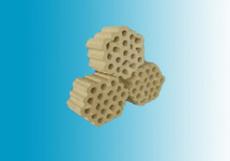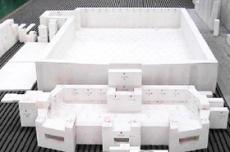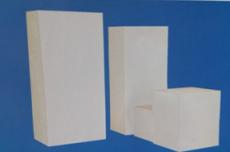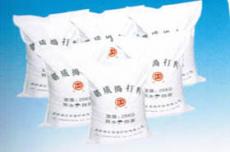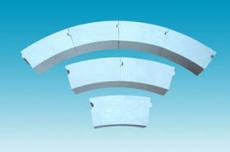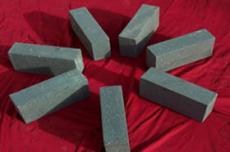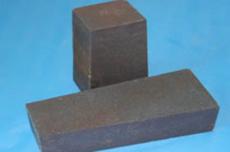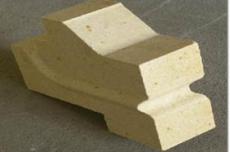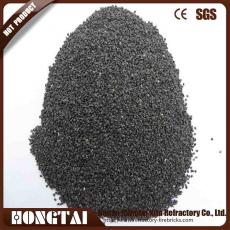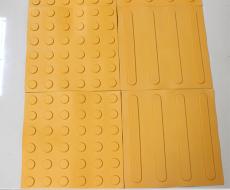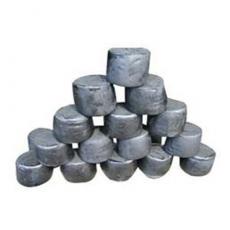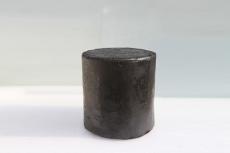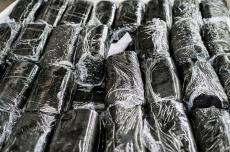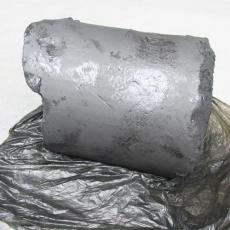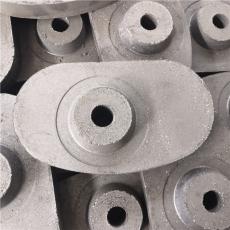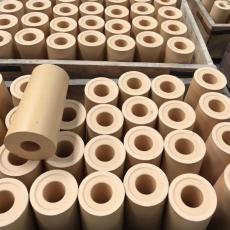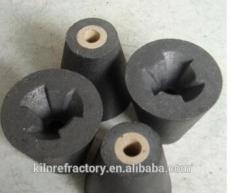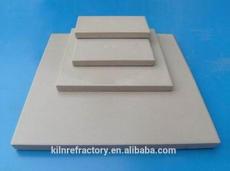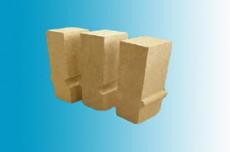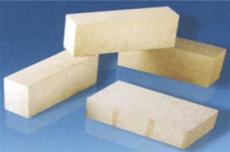
In order to create a suitable indoor thermal environment and save energy, the application of thermal insulation materials has received more and more attention. Insulation material is a lightweight, low thermal conductivity material composed of different materials, which needs to meet the relevant performance characterization parameters to achieve thermal insulation. The main parameters for characterizing the properties of thermal insulation materials are: thermal conductivity, bulk density, porosity, water absorption and mechanical strength.
5 indicators to see the quality of insulation materials!
(1) Thermal conductivity, also known as thermal conductivity, refers to the ability of a material to directly conduct heat. Under the action of a unit temperature gradient, the unit of material directly conducts heat per unit time, in units of W/(m·K). In addition to thermal conduction, convective heat transfer and thermal radiation are also associated with porous materials, where the thermal conductivity represents the effective thermal conductivity. The thermal insulation material guides the material with lower thermal coefficient, while the national standard of China stipulates that the thermal insulation material is a material with a thermal coefficient of not more than 0.12 W/(m·K). When the thermal conductivity is less than 0.05 W/(m·K), This material can be referred to as a highly efficient insulation material. As an external wall insulation material, its purpose is to collect heat and reduce energy consumption, which requires its thermal conductivity to be as small as possible to reduce heat loss.
(2) Bulk density, also known as bulk density, refers to the weight in a unit volume of a dry object, the unit is g / m3, generally used for engineering. As one of the indicators of thermal insulation materials, the bulk density depends mainly on the degree of porosity of the material and is a direct reflection of the porosity of the material. For insulation materials, the smaller the bulk density, the better, if it meets other performance requirements, usually less than 600kg/m3.
(3) Porosity indicates a measure of the porosity or compactness of a material, expressed as a percentage of the volume of the pores contained in the material, which is also referred to as porosity. Depending on the application of the porous material, the porosity of the porous material is as low as 20% and as high as 97%. According to the opening and closing state of the pores, the porosity can be classified into a total porosity, an open porosity, and a closed porosity. In order to ensure the light weight and low thermal conductivity of the thermal insulation material, the porosity is generally higher than 45%.
(4) Water absorption refers to the property of materials that can absorb water in water. The water absorption rate is used to indicate the measurement. It can be divided into mass water absorption rate and residual water absorption rate, indicating the physical quantity of water absorption of the material under normal atmospheric pressure. The water absorption rate is related to the number and size of the material pores. The open-cell structure in the thermal insulation material increases the water absorption rate, increases the thermal conductivity after water absorption, affects the thermal insulation effect, and impurities in the water corrode the material. After long-term water absorption, the use of the material is limited, material failure, waste Resources. Therefore, it is necessary to reduce the water absorption rate of the insulating material as much as possible.
(5) The material must withstand a certain load during use, which requires the material to have a certain mechanical strength. Mechanical strength refers to the maximum load that can be withstood by the material per unit area. The porous structure of the thermal insulation material reduces the mechanical strength, but in order to ensure the workability and non-destructive property of the thermal insulation material, the compressive strength is required to be not less than 1 MPa. The material type and porosity of the material are the main factors affecting the mechanical strength of the material. Therefore, the performance requirements of the porous material should be comprehensively considered to meet the requirements of compressive strength.
